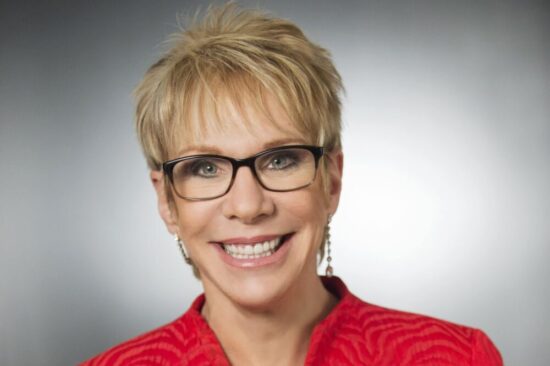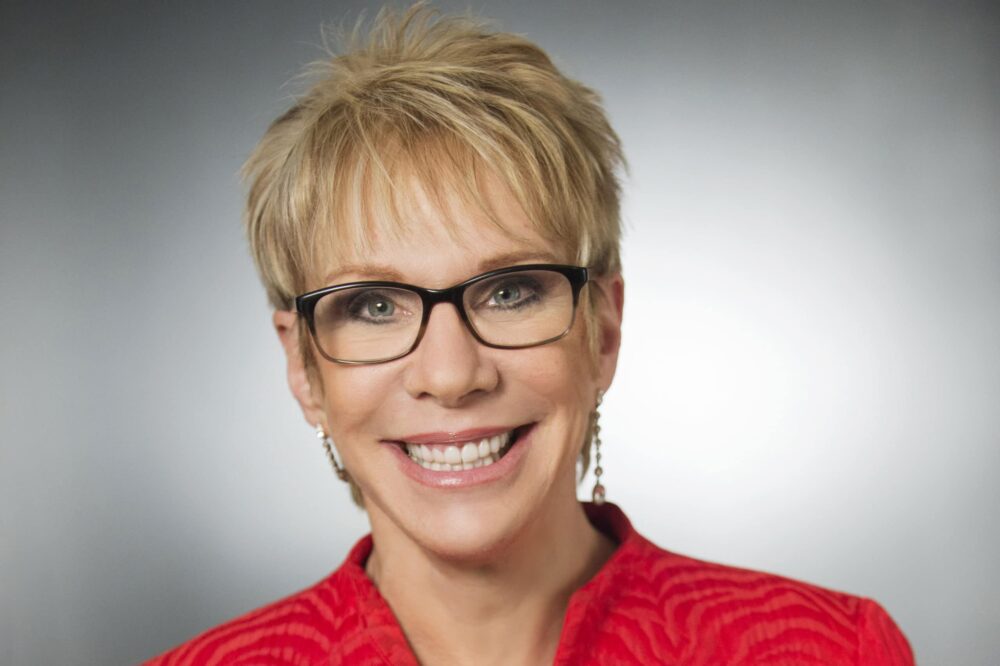
“A lack of money is never, ever, ever a problem. A lack of money is merely a symptom of what is going on underneath.” ~~ T. Harv Eker
What if Your Money Problems Aren’t Actually About Money?
She was smart, successful, making good money…yet was at her wits end.
“There are periods when I manage to save a lot,” she told me. “But then I start overspending and ignoring my money. It’s like I can’t help it.”
Even after years of taking financial workshops, reading money books, doing personal growth work, she felt stuck in a frustrating pattern that was taking a toll on her health and her happiness.
“It feels like a vicious cycle I can’t get off of,” she moaned.
She couldn’t stop because she didn’t have a money problem. She had a Money Disorder. There’s a big difference.
A Money Disorder is a chronic, self-destructive pattern caused by unconscious beliefs that cause dysfunctional behaviors associated with money.
Money Disorders, left untreated, can ruin your quality of life, wreck your relationships, destroy your peace of mind, leaving you feeling hopeless and helpless.
The Question is: How do you know if your difficulties with money are actually a more serious disorder?
According to an online article titled: 15 Fascinating Signs You May Have a Money Disorder, these are the classic symptoms:
- You can’t define what having ‘enough’ money means.
- You keep credit cards and bank account info from your partner.
- You keep piling on.
- You avoid spending money at all costs.
- You use money as a way to fill a void.
- You’re living in extremes.
- Your life is in chaos as a result of your spending habits.
- You’re in denial about your debts.
- You’re a workaholic.
- You’re a pathological gambler.
- Having money makes you feel guilty.
- You find it hard to say no when people ask for money.
- You give people money even if you know you’re enabling their poor financial choices.
- You lie to your partner about how much you spend.
- You refuse to talk about money at all.
- If you have even one of these signs, the culprit is not financial, but as the article explains, it’s an “emotional and spiritual imbalance” which requires deeper, emotional healing with a skillful therapist.
I recommend working with someone who specializes in trauma therapy or joining a support group like my online community,
To read the full article, click HERE.
How would you rate your relationship with money— a problem or a money disorder? Share HERE.
Warmly,


Comments